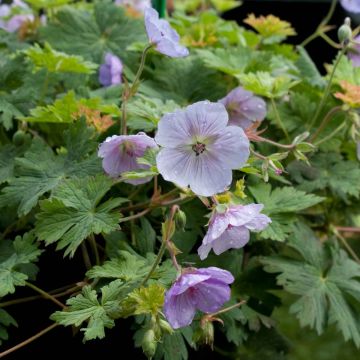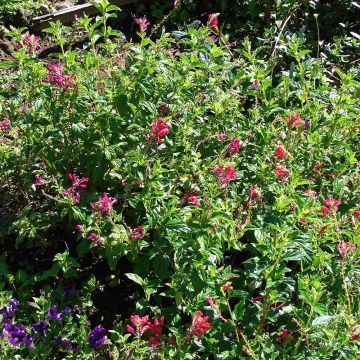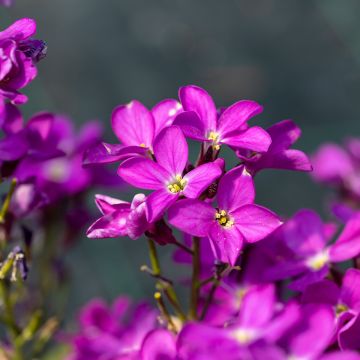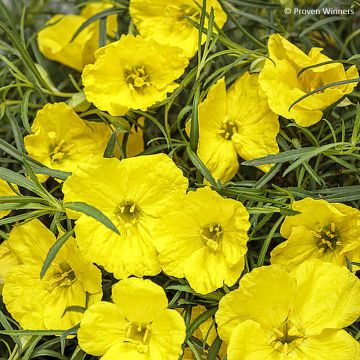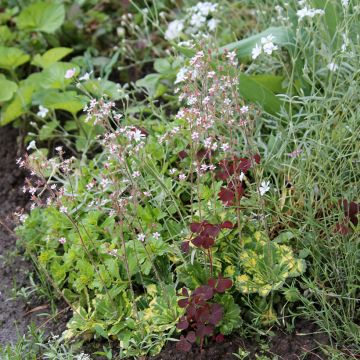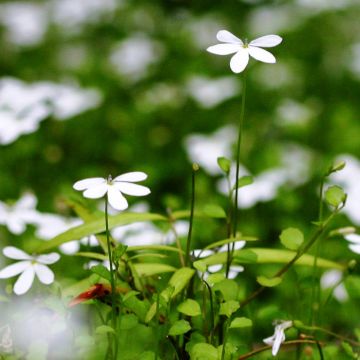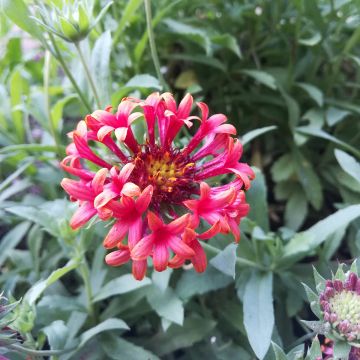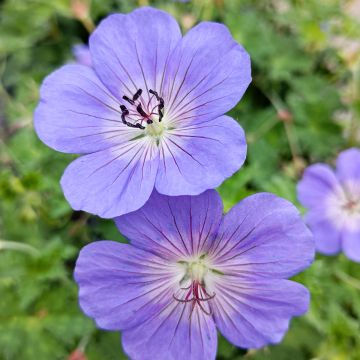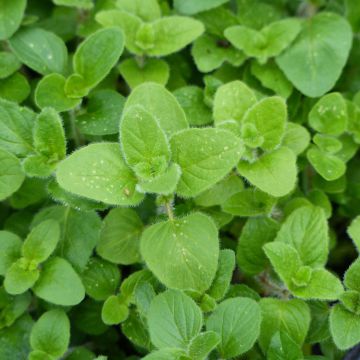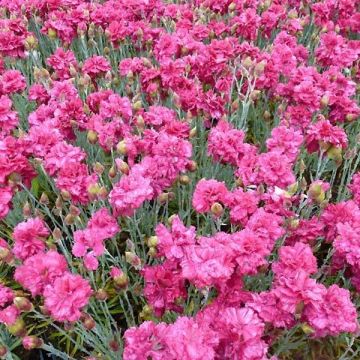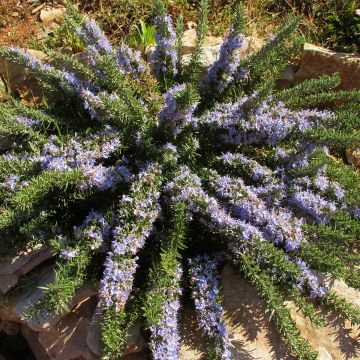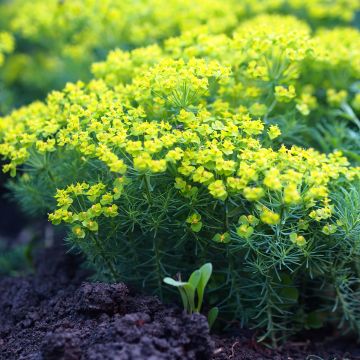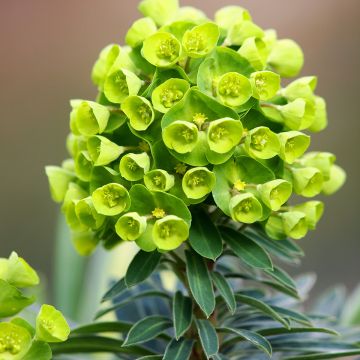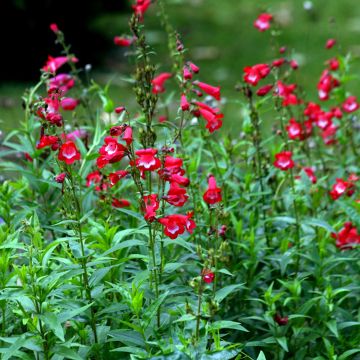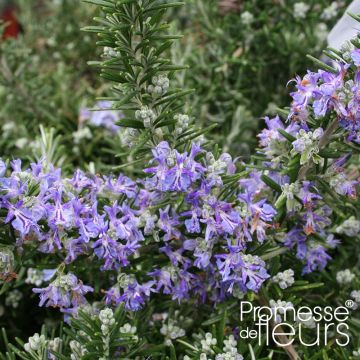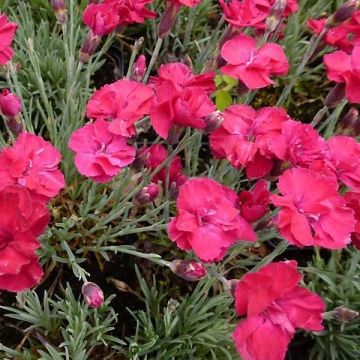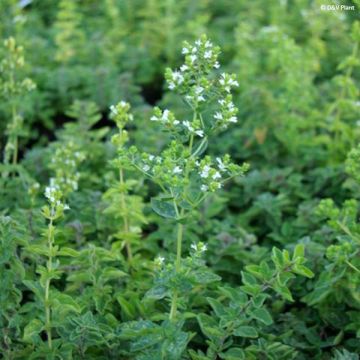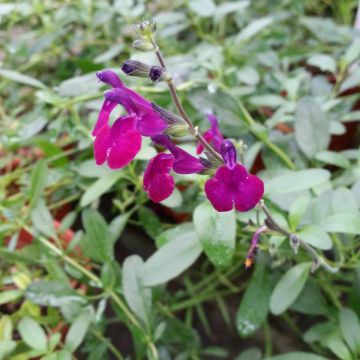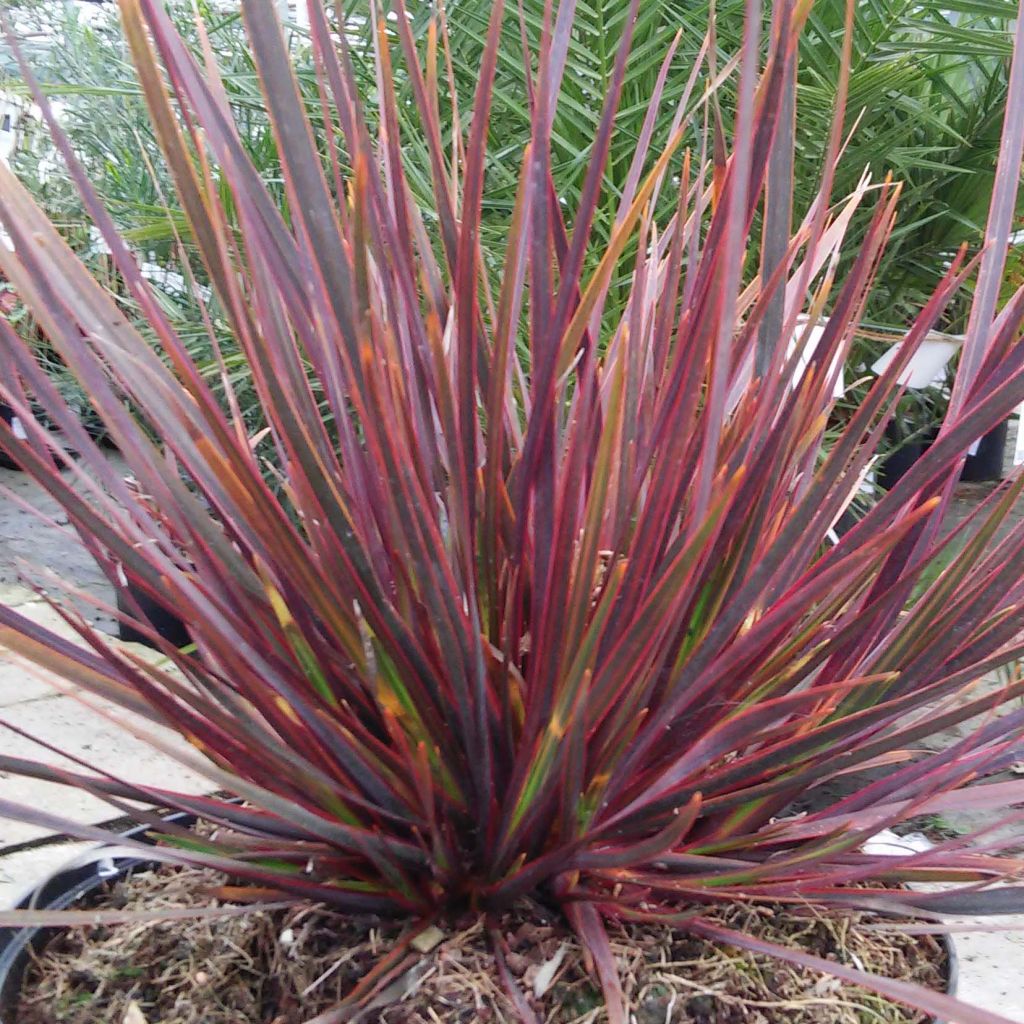

Libertia ixioides Taupo Sunset
Libertia ixioides Taupo Sunset
Libertia ixioides Taupo Sunset®
Chilean Iris
This item cannot be shipped to the selected country
Delivery charge from €5.90
Delivery charge from €5.90
More information
Schedule delivery date,
and select date in basket
This plant carries a 12 months recovery warranty
More information
We guarantee the quality of our plants for a full growing cycle, and will replace at our expense any plant that fails to recover under normal climatic and planting conditions.
From €5.90 for pickup delivery and €6.90 for home delivery
Express home delivery from €8.90.
From €5.90 for pickup delivery and €6.90 for home delivery
Express home delivery from €8.90.
Does this plant fit my garden?
Set up your Plantfit profile →
Description
Libertia ixioides Taupo Sunset is an amazing variety of Chilean Iris, whose multi-coloured foliage changes with the seasons. Alternating between variegated shades of bronze green, yellow, and orange, it takes on purplish-violet or brown hues in cold weather. This surprising plant elegantly structures flower beds, punctuating them with its grass-like silhouette. In late spring and early summer, it is adorned with beautiful delicate white star-shaped flowers, reminiscent of butterflies. This rhizomatous and evergreen perennial prefers slightly acidic and well-drained but moist soils. Plant it in full sun for the beauty of its foliage, in open ground in mild oceanic climates, or in pots to be stored indoors during winter elsewhere.
Libertia ixioides is a botanical species native to New Zealand and the Chatham Islands, belonging to the Iridaceae family. The 'Taupo Sunset' cultivar, from which it originates, was selected for its unique foliage. This clump-forming perennial reaches about 40cm (16in) in all directions and has a moderately fast growth rate.
Libertia forms a dense tuft, slightly rigid, spreading in all directions. In late spring and early summer, panicles of 2 to 10 flowers with a diameter of 2 cm (1in), with three white petals sheathed in a bract, appear just above the leaves. The centre of the corolla is filled with yellow stamens. The plant produces an abundance of round and red-orange seeds that harmonise with the colours of the foliage. It develops magnificent evergreen foliage, composed of stiff, linear leaves, 30 to 60 cm (12 to 24in) long and 0.3 to 1.5 cm (0.5 to 1in) wide, which are multi-coloured. It is strongly tinged with purplish-violet and brown in autumn and winter.
Plant Libertia Taupo Sunset in well-drained, humus-rich, and sandy soil, free of limestone. It is hardy down to -7°C and requires a sunny position to flower and display the beautiful colours of its foliage. Truly unique and attractive in many ways, both bright and dense, it is stunning in water gardens or combined with other perennials in flowerbeds, alongside heathers or Lithodora. It pairs well with Sisyrinchium, Camassia, Crocosmia crocosmiiflora Emily McKenzie, Liatris, red clover, Panicum, or Calamagrostis x acutiflora 'Karl Foerster'. This perennial will be appreciated in rockeries, borders, but also in pots on the patio, to be stored frost-free in cold regions.
Report an error about the product description
Libertia ixioides Taupo Sunset in pictures
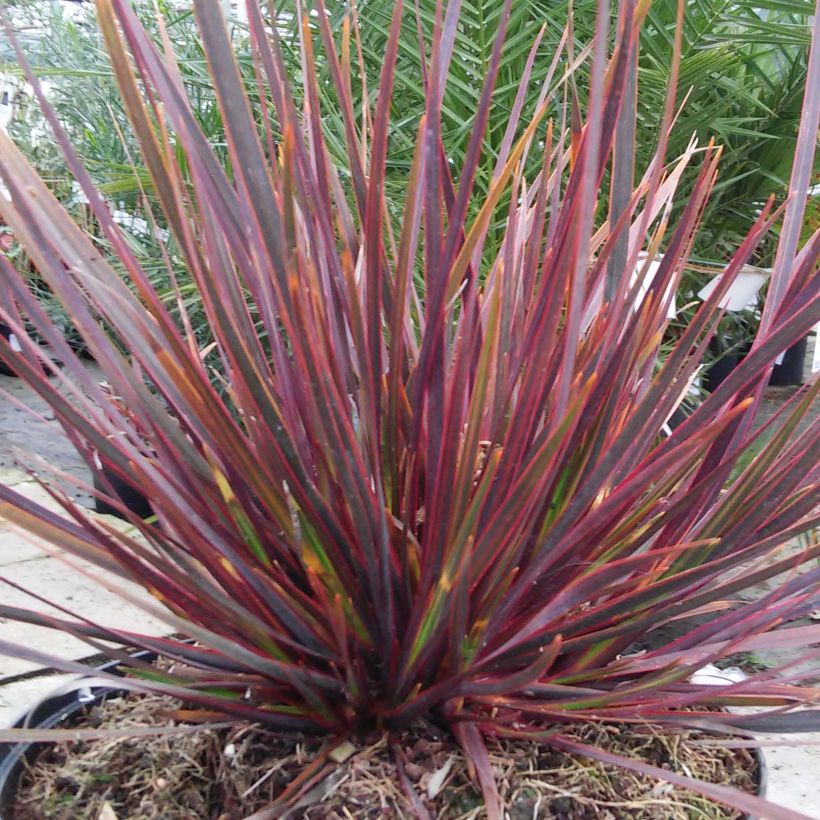

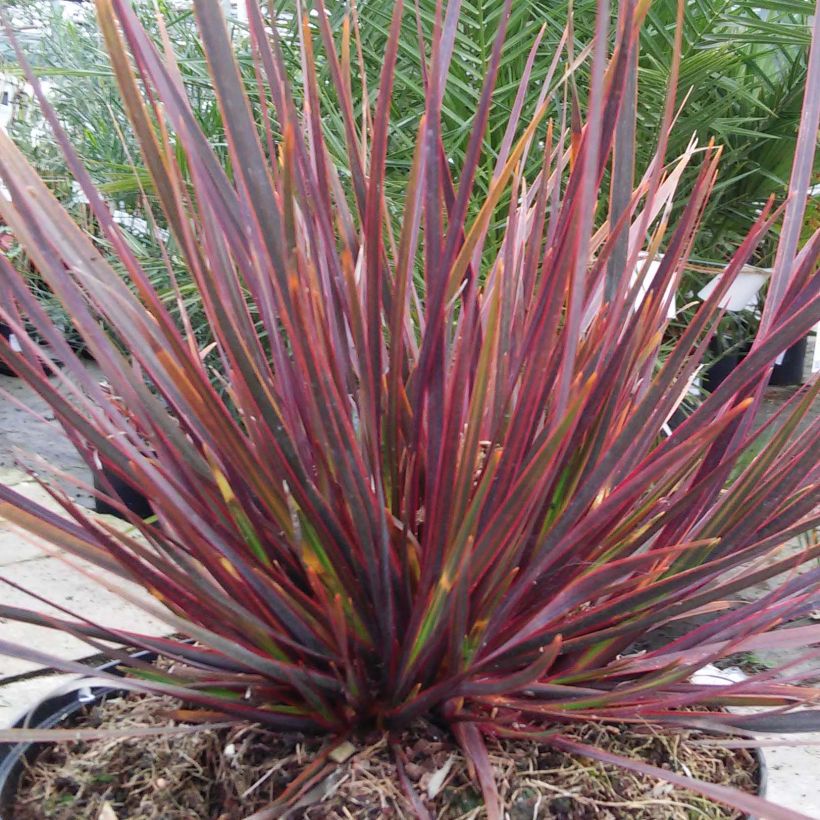

Flowering
Foliage
Plant habit
Botanical data
Libertia
ixioides
Taupo Sunset®
Iridaceae
Chilean Iris
Cultivar or hybrid
Other Perennials A to Z
Planting and care
Plant Libertia ixioides preferably in spring, in a mild and humid climate, as this plant loves atmospheric humidity. Plant it in well-drained soil, preferably sandy or humus-rich, if possible devoid of limestone, which is not too dry but damp in summer. It requires a sunny position to flower and to maintain the beautiful colours of its foliage. This perennial is hardy down to -7/-8°C in well-drained and porous soil. In very cold climates, it may be useful to mulch the base in anticipation of heavy frosts. If you want to prevent seed formation, you can remove faded flowers. It can be propagated by dividing clumps in spring or by sowing. This plant does not have any parasites or diseases in our climate.
Planting period
Intended location
Care
-
, onOrder confirmed
Reply from on Promesse de fleurs
Mediterranean perennials
Haven't found what you were looking for?
Hardiness is the lowest winter temperature a plant can endure without suffering serious damage or even dying. However, hardiness is affected by location (a sheltered area, such as a patio), protection (winter cover) and soil type (hardiness is improved by well-drained soil).

Photo Sharing Terms & Conditions
In order to encourage gardeners to interact and share their experiences, Promesse de fleurs offers various media enabling content to be uploaded onto its Site - in particular via the ‘Photo sharing’ module.
The User agrees to refrain from:
- Posting any content that is illegal, prejudicial, insulting, racist, inciteful to hatred, revisionist, contrary to public decency, that infringes on privacy or on the privacy rights of third parties, in particular the publicity rights of persons and goods, intellectual property rights, or the right to privacy.
- Submitting content on behalf of a third party;
- Impersonate the identity of a third party and/or publish any personal information about a third party;
In general, the User undertakes to refrain from any unethical behaviour.
All Content (in particular text, comments, files, images, photos, videos, creative works, etc.), which may be subject to property or intellectual property rights, image or other private rights, shall remain the property of the User, subject to the limited rights granted by the terms of the licence granted by Promesse de fleurs as stated below. Users are at liberty to publish or not to publish such Content on the Site, notably via the ‘Photo Sharing’ facility, and accept that this Content shall be made public and freely accessible, notably on the Internet.
Users further acknowledge, undertake to have ,and guarantee that they hold all necessary rights and permissions to publish such material on the Site, in particular with regard to the legislation in force pertaining to any privacy, property, intellectual property, image, or contractual rights, or rights of any other nature. By publishing such Content on the Site, Users acknowledge accepting full liability as publishers of the Content within the meaning of the law, and grant Promesse de fleurs, free of charge, an inclusive, worldwide licence for the said Content for the entire duration of its publication, including all reproduction, representation, up/downloading, displaying, performing, transmission, and storage rights.
Users also grant permission for their name to be linked to the Content and accept that this link may not always be made available.
By engaging in posting material, Users consent to their Content becoming automatically accessible on the Internet, in particular on other sites and/or blogs and/or web pages of the Promesse de fleurs site, including in particular social pages and the Promesse de fleurs catalogue.
Users may secure the removal of entrusted content free of charge by issuing a simple request via our contact form.
The flowering period indicated on our website applies to countries and regions located in USDA zone 8 (France, the United Kingdom, Ireland, the Netherlands, etc.)
It will vary according to where you live:
- In zones 9 to 10 (Italy, Spain, Greece, etc.), flowering will occur about 2 to 4 weeks earlier.
- In zones 6 to 7 (Germany, Poland, Slovenia, and lower mountainous regions), flowering will be delayed by 2 to 3 weeks.
- In zone 5 (Central Europe, Scandinavia), blooming will be delayed by 3 to 5 weeks.
In temperate climates, pruning of spring-flowering shrubs (forsythia, spireas, etc.) should be done just after flowering.
Pruning of summer-flowering shrubs (Indian Lilac, Perovskia, etc.) can be done in winter or spring.
In cold regions as well as with frost-sensitive plants, avoid pruning too early when severe frosts may still occur.
The planting period indicated on our website applies to countries and regions located in USDA zone 8 (France, United Kingdom, Ireland, Netherlands).
It will vary according to where you live:
- In Mediterranean zones (Marseille, Madrid, Milan, etc.), autumn and winter are the best planting periods.
- In continental zones (Strasbourg, Munich, Vienna, etc.), delay planting by 2 to 3 weeks in spring and bring it forward by 2 to 4 weeks in autumn.
- In mountainous regions (the Alps, Pyrenees, Carpathians, etc.), it is best to plant in late spring (May-June) or late summer (August-September).
The harvesting period indicated on our website applies to countries and regions in USDA zone 8 (France, England, Ireland, the Netherlands).
In colder areas (Scandinavia, Poland, Austria...) fruit and vegetable harvests are likely to be delayed by 3-4 weeks.
In warmer areas (Italy, Spain, Greece, etc.), harvesting will probably take place earlier, depending on weather conditions.
The sowing periods indicated on our website apply to countries and regions within USDA Zone 8 (France, UK, Ireland, Netherlands).
In colder areas (Scandinavia, Poland, Austria...), delay any outdoor sowing by 3-4 weeks, or sow under glass.
In warmer climes (Italy, Spain, Greece, etc.), bring outdoor sowing forward by a few weeks.


































